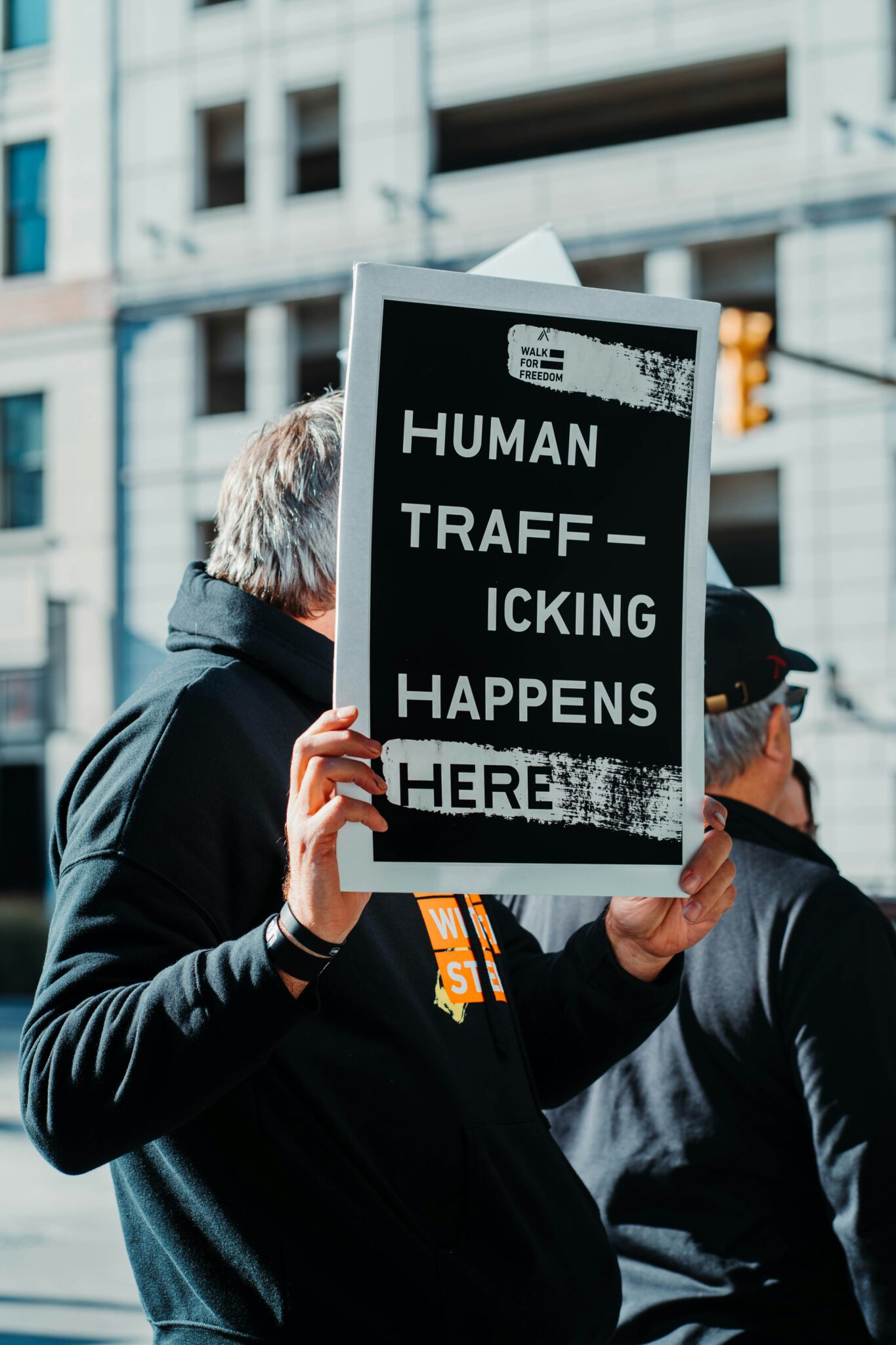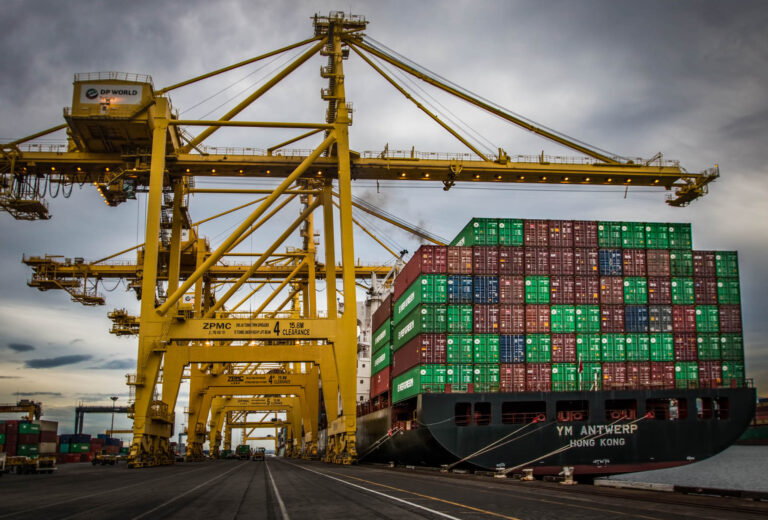Linh is a student at Harvard Law School.
In today’s labor news, the House passed law to address increased human trafficking, Starbucks was ordered to reinstate employees illegally fired for organizing, and the Ninth Circuit prepares to hear challenge to Biden’s $15 minimum wage for federal contractors.
On Tuesday, the U.S. House of Representatives unanimously passed the Enhancing Detection of Human Trafficking Act (H.R. 443) to aid the Department of Labor (DOL) in identifying labor and sexual exploitation during workplace inspections. The bill mandates training for DOL inspectors to recognize human trafficking and requires reporting cases to the Justice Department annually. Human trafficking incidents in the US have increased significantly, according to a 2023 Bureau of Justice Statistics report, coinciding with a rise in child labor violations. Despite bipartisan support for the bill, discussions continue on the necessity of broader changes to address illegal child labor.
Also on Tuesday, Starbucks was directed to reinstate 12 workers in New York and Colorado by two NLRB judges, who found the company unlawfully terminated them due to their involvement with the union. Administrative Law Judges Robert Ringler and Mara-Louise Anzalone separately ruled on labor violations, detailing instances of unlawful conduct including threats, unfair firings, and interference with union activities. Despite this, some terminations, such as that of a New York employee wearing a suicide awareness pin, were not deemed illegal by Ringler. These decisions reflect an ongoing trend of NLRB judges ruling against Starbucks, citing numerous labor law violations, including the unjust firing of over 50 union organizers and interference with board investigations.
Finally, a coalition of Republican-led states has petitioned the Ninth Circuit in San Francisco to invalidate the Biden administration’s $15 minimum wage mandate for federal contractors. The three-judge panel heard arguments in one of three separate cases contesting the legality of the wage increase, which was instituted in January 2022 through an executive order and subsequent rule by the Department of Labor. The states argue that the wage requirement exceeds the President’s authority under the Procurement Act and violates the Administrative Procedure Act and the major questions doctrine. The administration contends that the President has broad discretion under the Procurement Act to implement policies promoting “economy and efficiency.” Federal courts have reached conflicting decisions on the issue, including the Fifth and Tenth Circuits. The Ninth Circuit has yet to issue a decision on the matter.






Daily News & Commentary
Start your day with our roundup of the latest labor developments. See all
December 12
OH vetoes bill weakening child labor protections; UT repeals public-sector bargaining ban; SCOTUS takes up case on post-arbitration award jurisdiction
December 11
House forces a vote on the “Protect America’s Workforce Act;” arguments on Trump’s executive order nullifying collective bargaining rights; and Penn State file a petition to form a union.
December 8
Private payrolls fall; NYC Council overrides mayoral veto on pay data; workers sue Starbucks.
December 7
Philadelphia transit workers indicate that a strike is imminent; a federal judge temporarily blocks State Department layoffs; and Virginia lawmakers consider legislation to repeal the state’s “right to work” law.
December 5
Netflix set to acquire Warner Bros., Gen Z men are the most pro-union generation in history, and lawmakers introduce the “No Robot Bosses Act.”
December 4
Unionized journalists win arbitration concerning AI, Starbucks challenges two NLRB rulings in the Fifth Circuit, and Philadelphia transit workers resume contract negotiations.